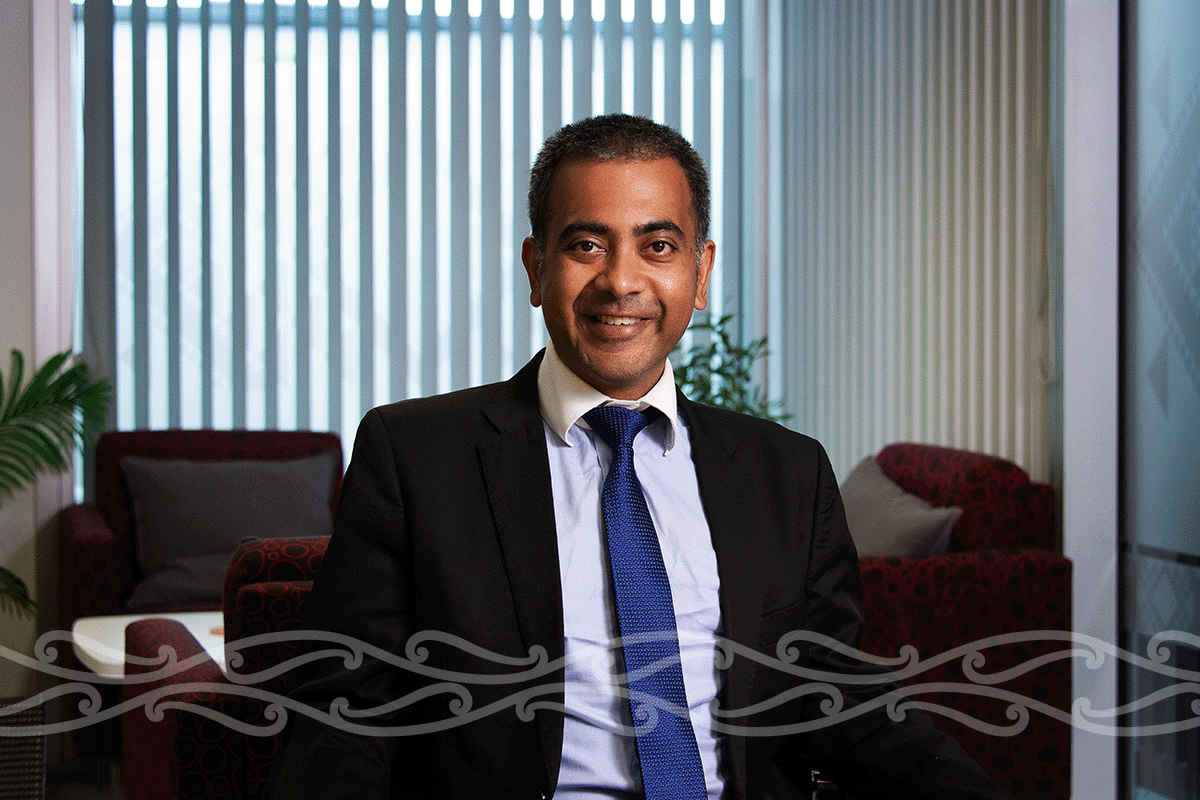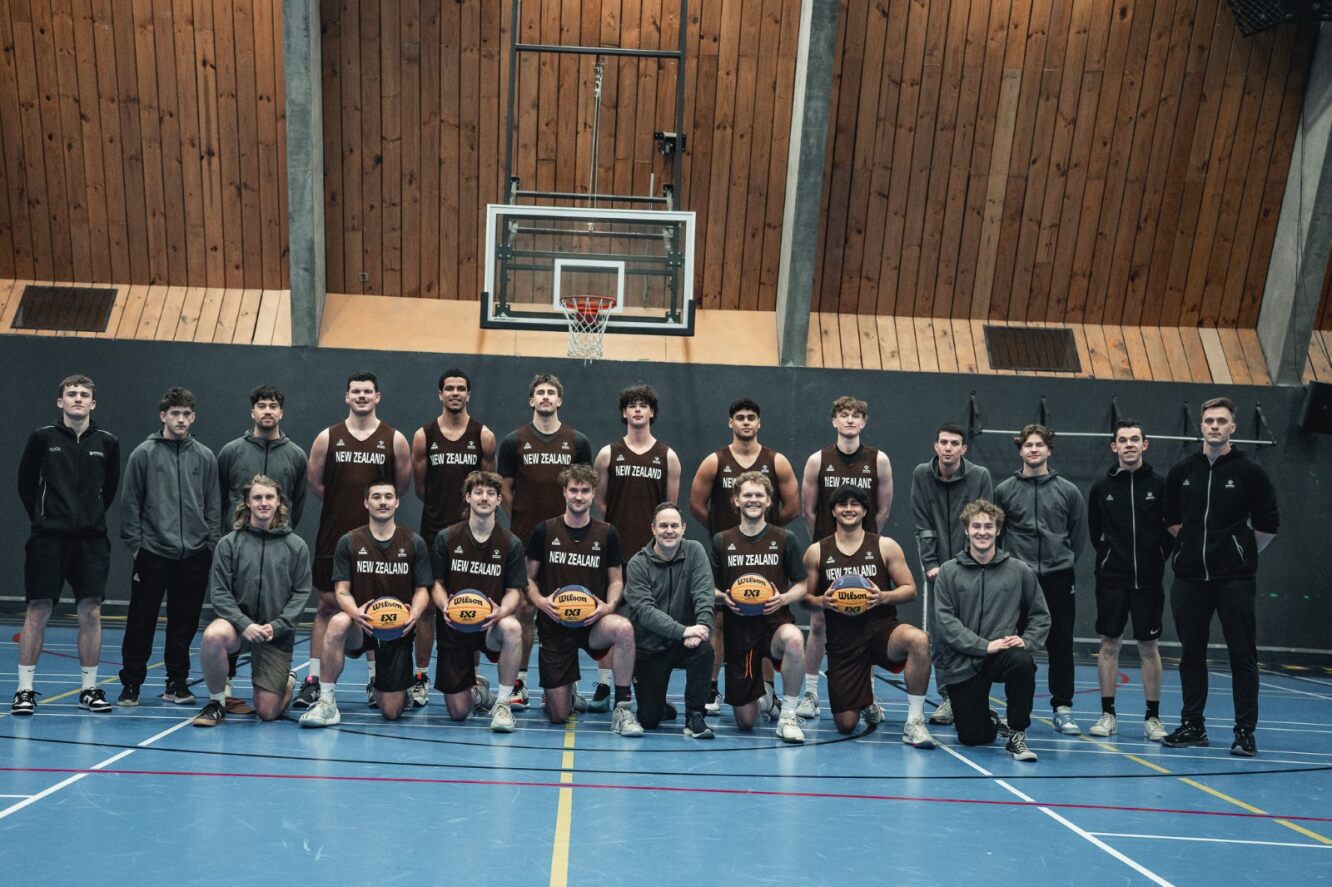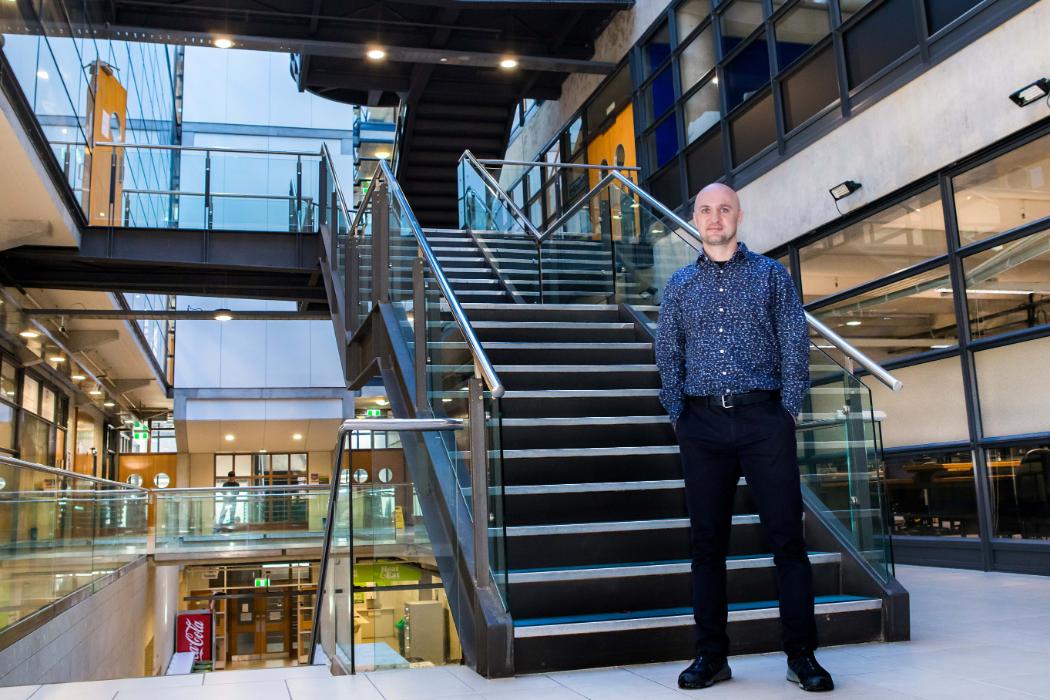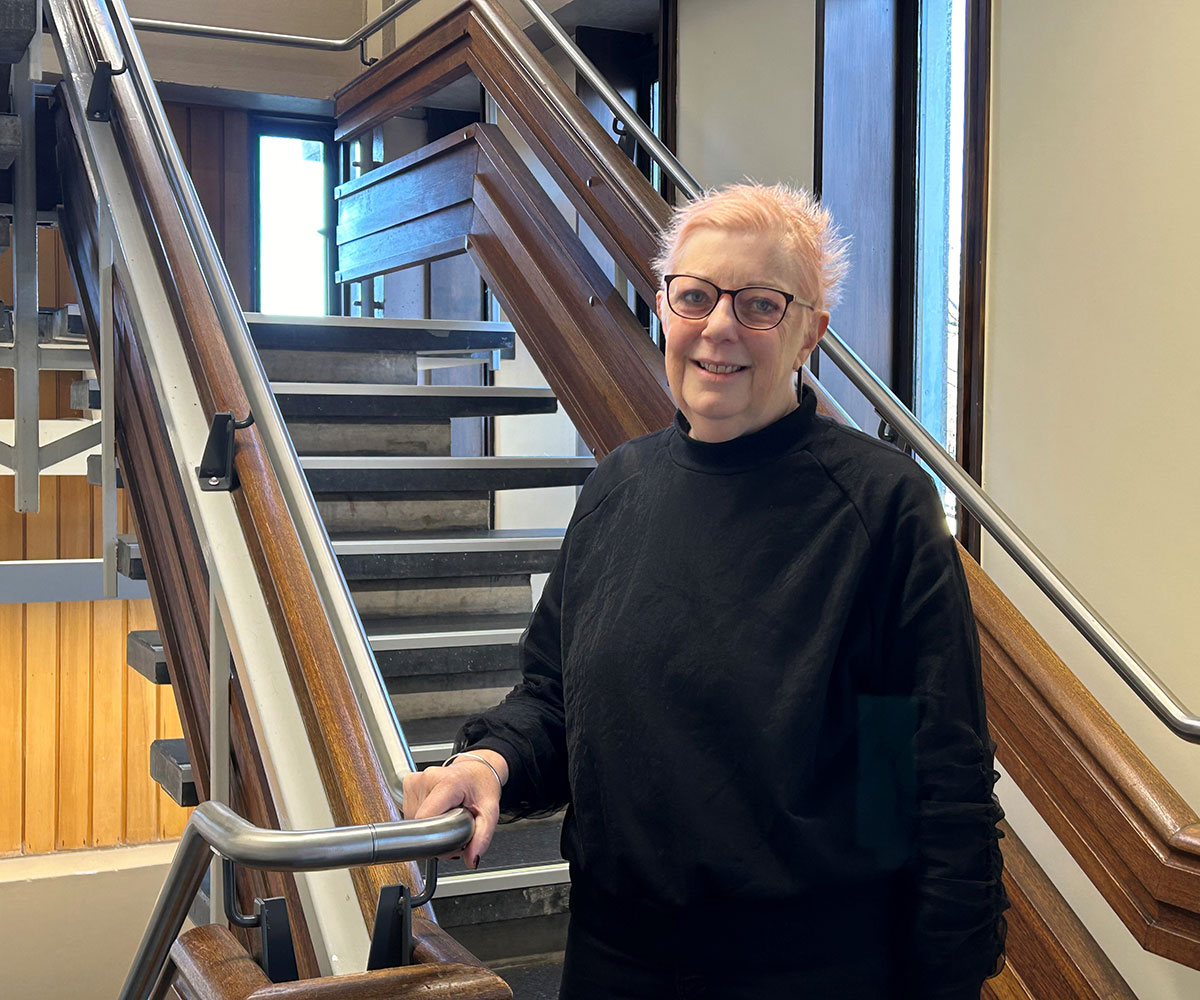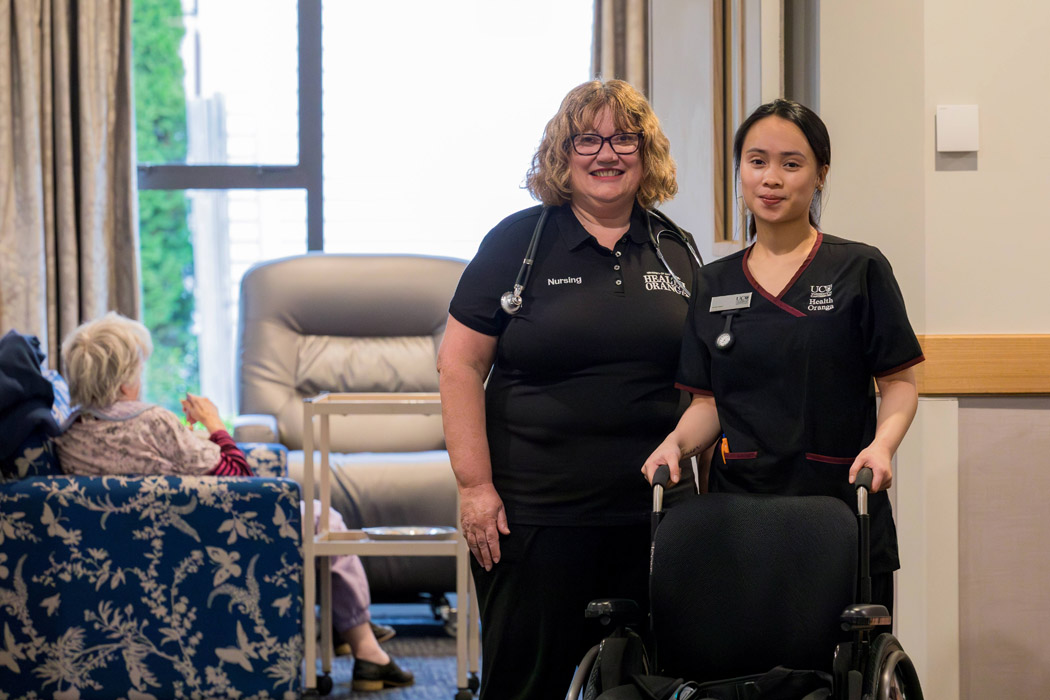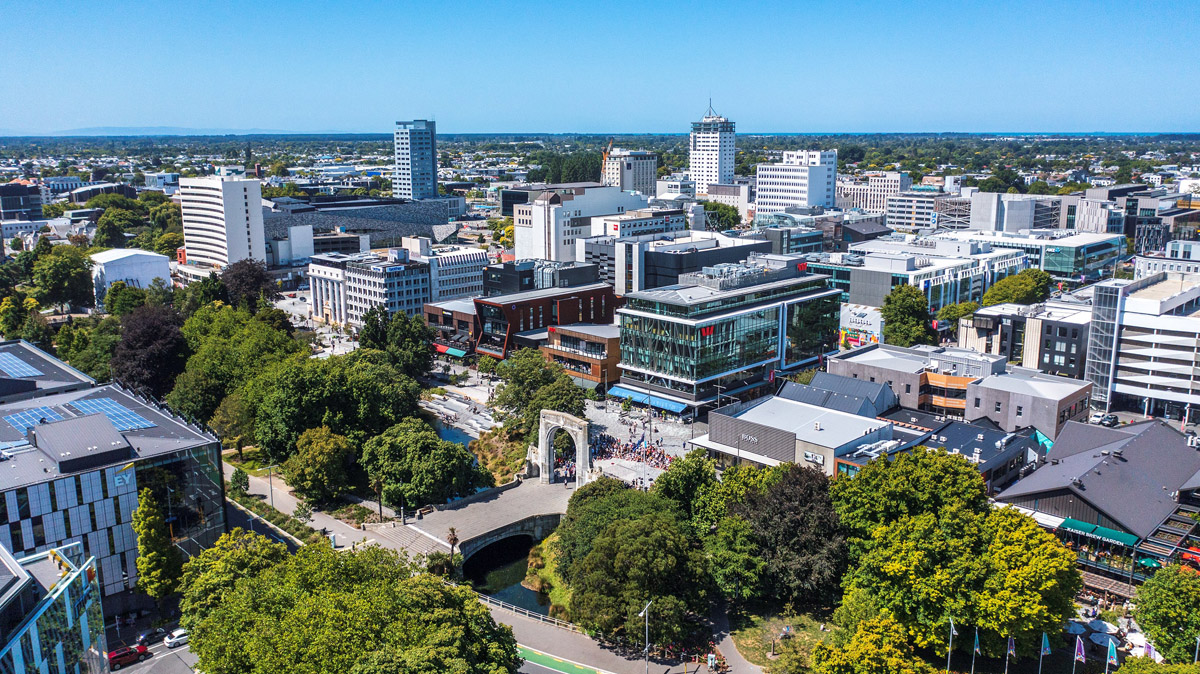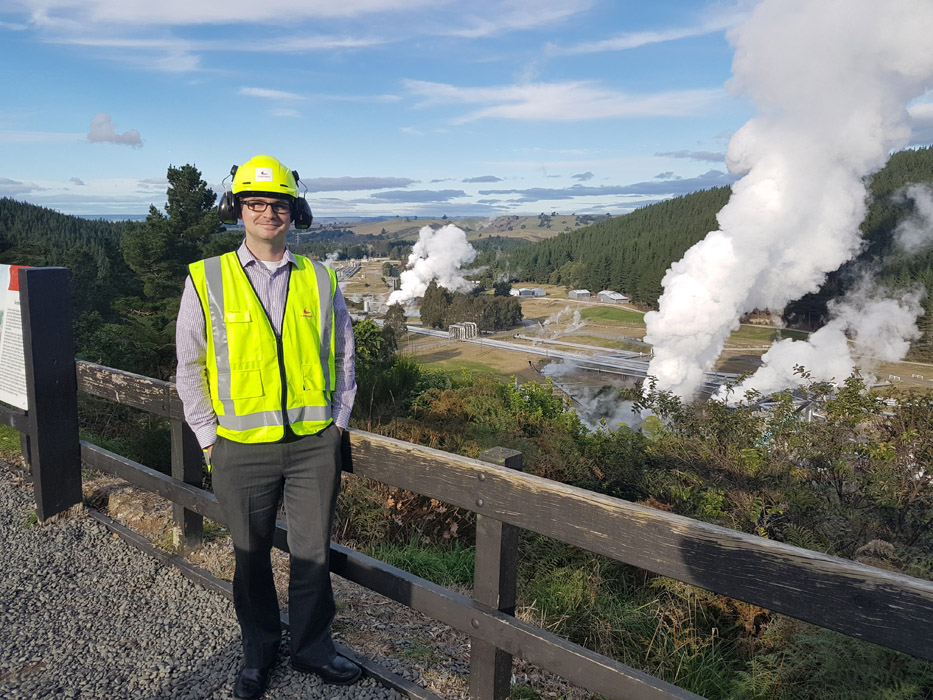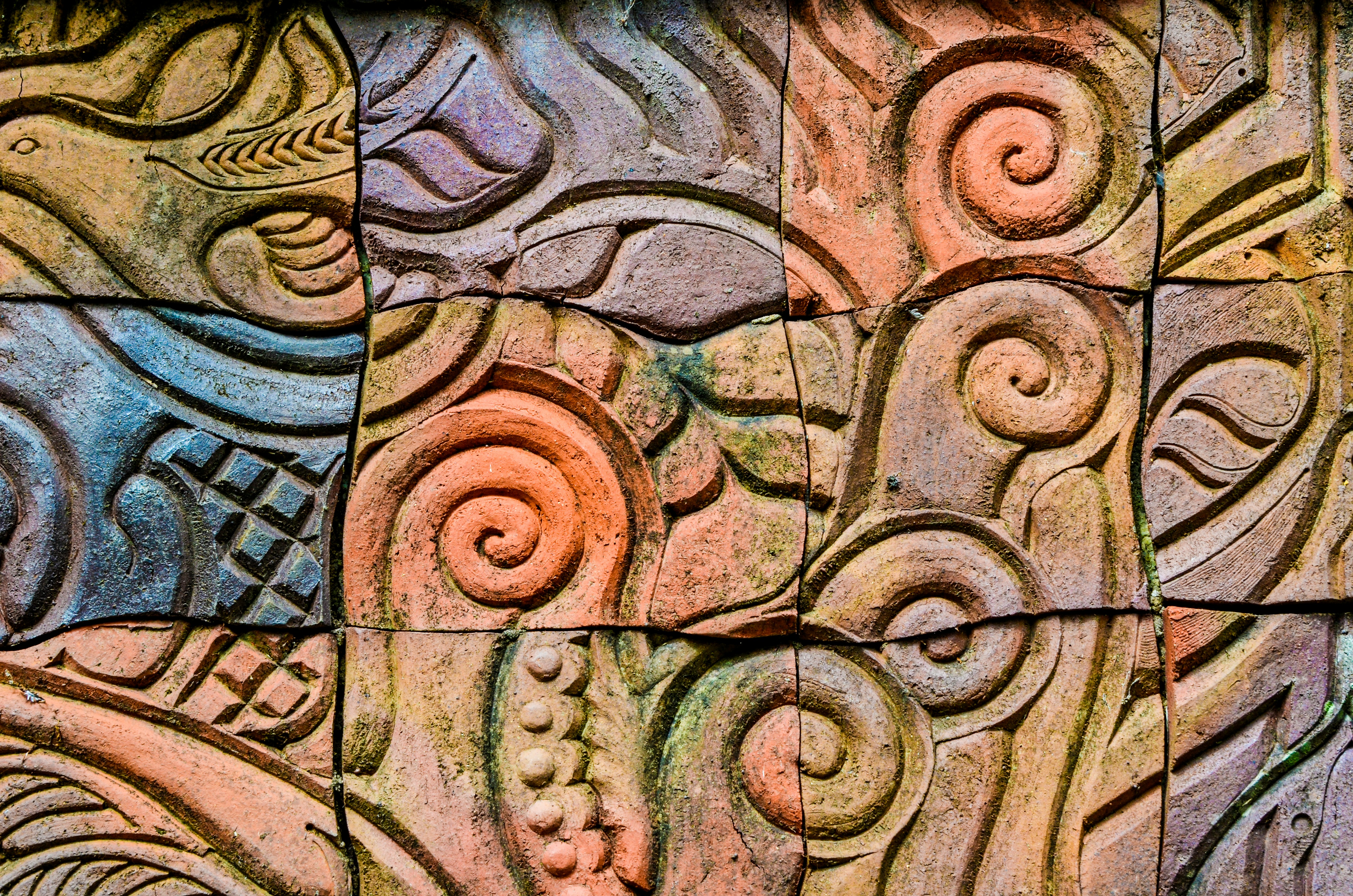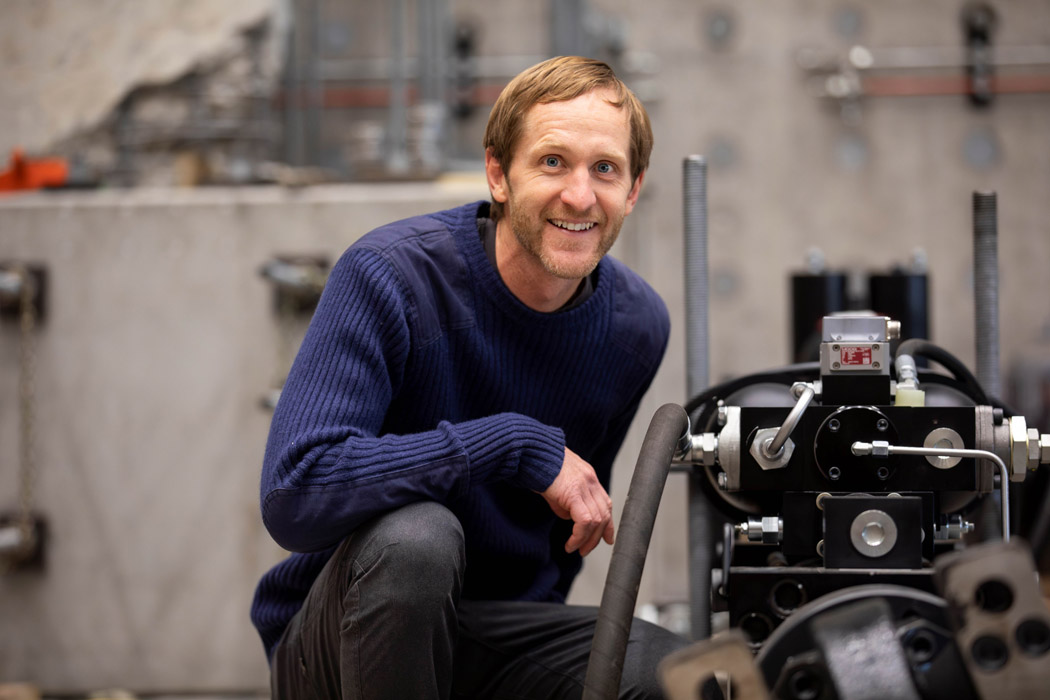Photo caption: Professor Saurabh Sinha has moved from Johannesburg, South Africa to become Executive Dean of the University of Canterbury’s Faculty of Engineering.
He moved from South Africa to New Zealand in July last year to take up a role as Amo Matua | Executive Dean in Te Whare Wānanga o Waitaha | University of Canterbury (UC) Faculty of Engineering. Professor Sinha has noticed striking differences between his previous home in Johannesburg, with a population of five million, and Ōtautahi Christchurch.
“I walk to work every day here, and always manage to do 10,000 steps. In Johannesburg you wouldn’t even think about doing that. Crime in South Africa is generally high and inequality levels are very pronounced there compared to New Zealand.”
He says the UC Faculty of Engineering is known internationally for its philosophy of learning by doing and a focus on purpose-driven research. “New Zealand is a highly innovative society and I find the potential for further transformative impact really exciting.
“The UC Engineering Faculty is also much broader than those at other universities I’ve worked at, because it spans computer science, mathematics and statistics, forestry and product design. We also work closely with other faculties, such as the UC Business School with its expertise in entrepreneurship, and I think that interdisciplinary approach is a real advantage for our students.”
Professor Sinha is keen to recruit more female, Māori, Pacific and Rainbow students into the Engineering faculty so it becomes more representative of wider society.
“I believe focusing on diversity and inclusion will bring about a dimension to engineering and technology that will help us boost innovation and make an even greater contribution to the national economy,” he says.
“These elements can bring about technological advancements like nothing else, and they bring them for society and with society. I’ve seen from my time in South Africa that prioritising indigenous knowledge can open up new and unique pathways.”
His approach to leadership is informed by an African value, ‘ubuntu’, which roughly translates to, ‘I am because we are’, referring to the importance of working together.
“That ties in quite well with the UC values, particularly whanaungatanga [kinship and collaboration]. The other thing that’s important to me is the African proverb: ‘If you want to go fast, go alone. If you want to go further, go together’. I like to take a consensus approach as far as possible in reaching goals because that tends to be more sustainable.”
Professor Sinha is enjoying New Zealand’s active, outdoors lifestyle and regularly travels around the South Island on tramping trips where he often bumps into UC staff and students.
“When you’re chatting on an isolated track or at a hut in the mountains, you hear what you don’t hear in meeting rooms, and you get a sense of staff, students’ and graduates’ perspectives. I also like to have walking meetings at work whenever I can.”
Professor Sinha’s father is a retired civil engineer who taught him university-level maths while he was still at primary school so it was almost a given that he would study engineering himself. He gained a Doctor of Engineering from the University of Pretoria and has specialised in microelectronics research for 5G and 6G telecommunications.
Initially he was interested in engineering as a way to solve technology problems, he says. Now he thinks more about harnessing technology in ways that advance sustainability and inclusiveness. For example, he is interested in how 5G and 6G technology (expected to roll out in 2030) can be delivered effectively in countries that cannot afford advanced infrastructure.
Professor Sinha is a visiting research collaborator at Princeton University in the United States and a former Vice-President of the IEEE (Institute of Electrical and Electronics Engineers) with over 20 years’ experience in academia and industry.
Alongside his postgraduate supervision work he guest lectures in the Global Humanitarian Engineering programme at UC, which explores how engineering and technology can improve the wellbeing of marginalised people and disadvantaged communities. “Technology can help advance humanity, and I think empathy and bicultural competency are vital for engineering graduates,” he says.
His goals at UC are to further the faculty’s engagement with wider society and ensuring staff and students continue to pursue research projects that serve industry and community interests.
“Global challenges such as the rapid advancement of artificial intelligence and the urgent need for sustainability require our graduates to be adaptable, engaged, and empathetic. I am proud of our faculty’s ongoing efforts to develop real-world solutions and make a positive impact.”
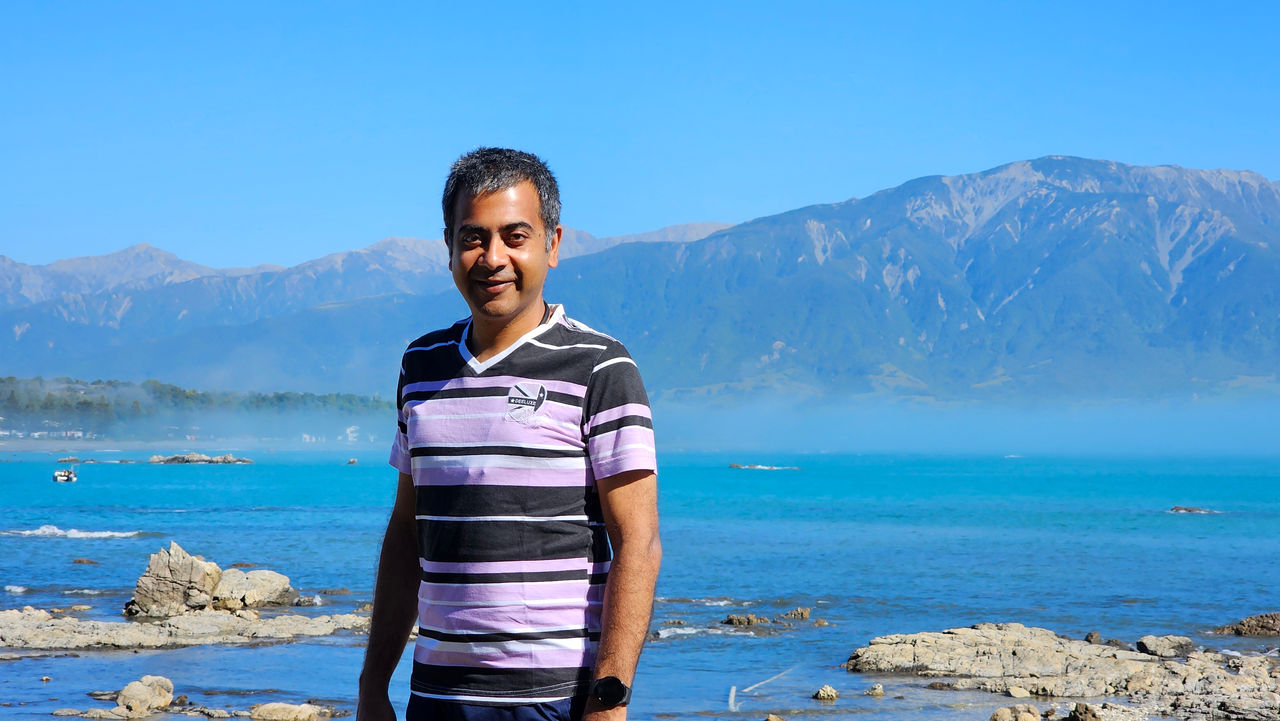
 Sustainable Development Goal (SDG) 9 - Industry, innovation and infrastructure.
Sustainable Development Goal (SDG) 9 - Industry, innovation and infrastructure.
